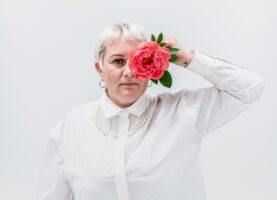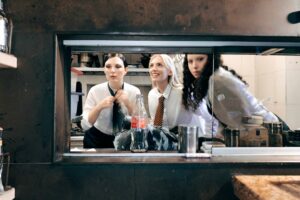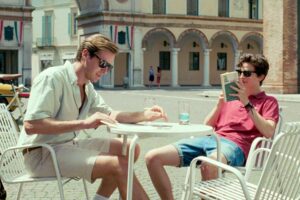Amici per il Centrafrica Onlus is a secular association founded in 2001.
Since then, it has committed to expressing responsible and supportive participation towards the African population living in poverty, striving to reach important goals such as scholastic support and education, as well as the right to medical care, also involving development programs for autonomous productive activities. One of the Onlus’ goals is to increase awareness regarding the extreme living conditions in Africa, promoting a better life for the populations currently struggling with basic needs: how?
Among the many results achieved, Amici per il Centrafrica supports more than 3,000 children in education every year, ensuring their future, and has built and renovated over 15 schools, 2 health centres and a dental centre, as well as an Educational-Health Center “La joie de vivre,” opened in 2009.
Pierpaolo Grisetti, President of the non-profit organization, told us something about this reality, with the aim of informing and raising awareness and with the hope that, together, we can create a better world.
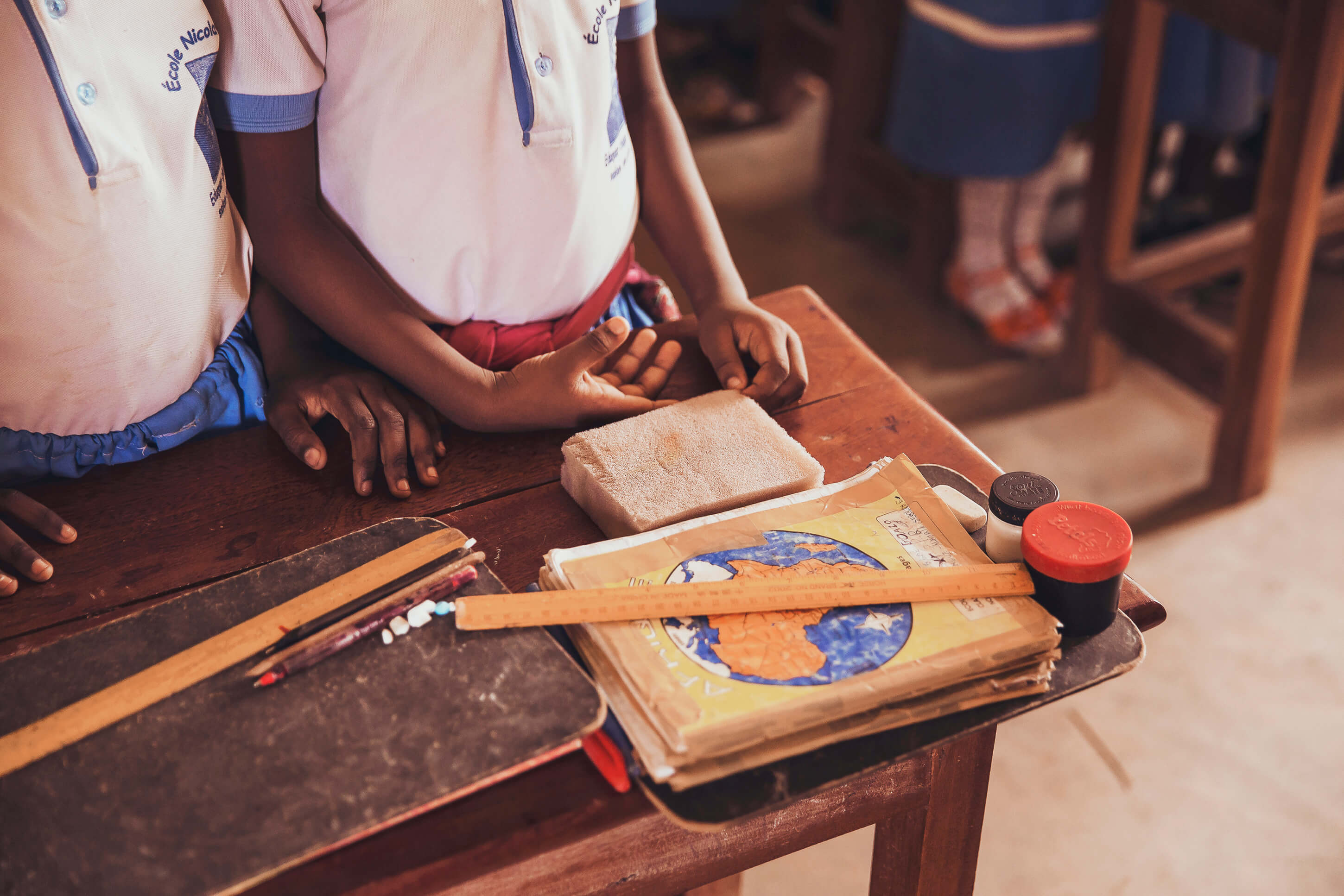
How was your NPO born? How did you personally understand that you wanted to be part of it?
The NPO was born in 2001 after a trip taken by our founder, Carla Maria Pagani, to whom the association and the health center Mama Carla is registered. She left Italy to go visit her aunt Beniamina, who was a Comboni missionary sister working in Ngouma’s dispensary, in the Pygmy Forest.
Keep in mind that Central Africa is the second-last country in the world with reference to poverty indices, it’s 188thover 189 countries and the Akas of the Pygmy Forest are the slaves of the slaves. The Comboni sisters used to work in this region, in the Lobaye prefecture, in very critical conditions.
Carla and her daughter were going through a rather difficult time of their lives because she had recently just lost her husband when they met with this reality. On the other hand, her aunt, over there, had to carry out surgery operations even if she was just an obstetrician, she had done the surgery on a 2-year-old kid and Carla saw him making the stay in the dirty red soil, because there was no hospital, there were no beds, there was nothing.
The day after, the kid relapsed and then he basically died in her hands.
This event touched her deeply, in addition to the words that her aunt told her when she left: “Now you’ll go back to Europe and you’ll forget about us, as everyone does: you all come here, witness the conditions in which we live, weep for a while and then forget about us.” This motivated her to think about building at least one hospital, a small dispensary. I was her accountant at the time she told me that she wanted to build this hospital and that I looked like someone who was keen on social initiatives, so she asked me “will you help me?” and we started with the establishment of the hospital. Then, since we wanted to build more structures and to create some schools, because the level of education over there is very low, I suggested creating a real association, so that both us and the donators could benefit from the tax facilities.
So, in 2001, we decided to found Friends for Central Africa.
This is the story of the association.
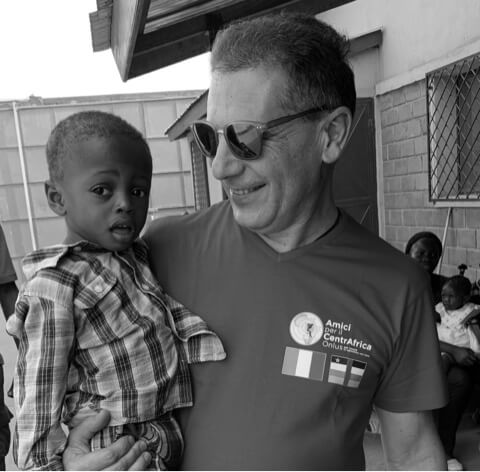
My story starts a few years later on, in 2009, because at the beginning it was only Carla who carried on the project. A cousin of mine died without heirs after I had the chance to talk to her about this great project of solidarity: thanks to her I collected about 400,000 euros and with that money we managed to build 14 schools, 4 dispensaries, a center for young people with disabilities, always thanks to the joint work of the missionaries who lived there.
Carla, at that time, had the opportunity to buy some land in which we started to build what today is called the Center of Joy. At Villa d’Este, during an event in Cernobbio Como that we hold an event, she suggested me to take a trip to Africa.
That was the most emotionally impactful experience that I’ve ever lived in my life.
Once landed, Carla took me in an orphanage where a couple of days before they had found three kids, still in diapers, abandoned next to a sewer; they put one of those kids in my hands and this can perfectly summarize my first impact with Central Africa and from that moment on I had this inspiration for doing something concrete.
It was a nine-day journey during which I assisted to the inauguration of three schools, we also went to see the place in which we would have later built a school which has now become a symbol social cohesion between Christians and Muslims. When I got home, I had this lust for Africa rising inside me. In the beginning, I traveled there once every two years, but now I go there up to twice a year to follow up with all the great projects we’re working on.
In fact, you’re super busy: how can you manage to balance your work with everything you do for the NPO?
It’s hard, but everything can be overcome when you feel a cause so deeply rooted in your heart, when you have a passion, when every year you go back and see smiling kids that used to cry since they were sad that they couldn’t go to school before and now they thank you for allowing them to access education… or maybe they were sad because they were discriminated or because they couldn’t see, while today these kids own glasses, also thanks to Carola’s family who helped us build the Anna optical center. Today, kids also live better thanks to the treatments for malaria and regular health check-ups.
Those things motivate you to work even many hours a day. We’re all volunteers, when we go to Africa we pay for our tickets, and this is a source of pride for our association: thanks to this kind of management of volunteers we can invest in projects in Africa more than 90% of what we collect, because in the end we don’t have many expenses here in Italy, so the money collected over these years, which amounts to about 350,000 euros, is invested in the projects in Central Africa.
“When I got home,
I had this lust for Africa rising in me.”
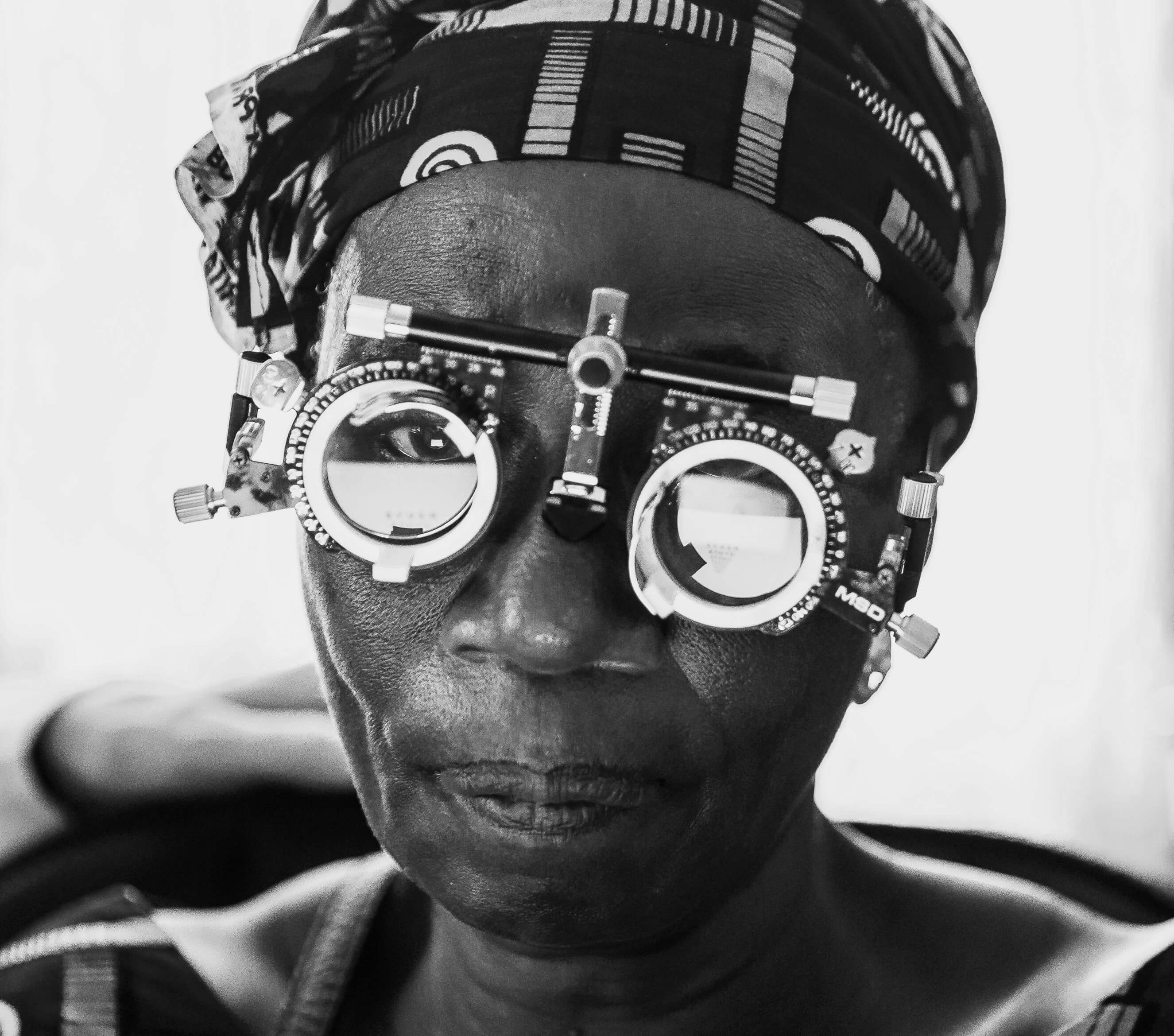
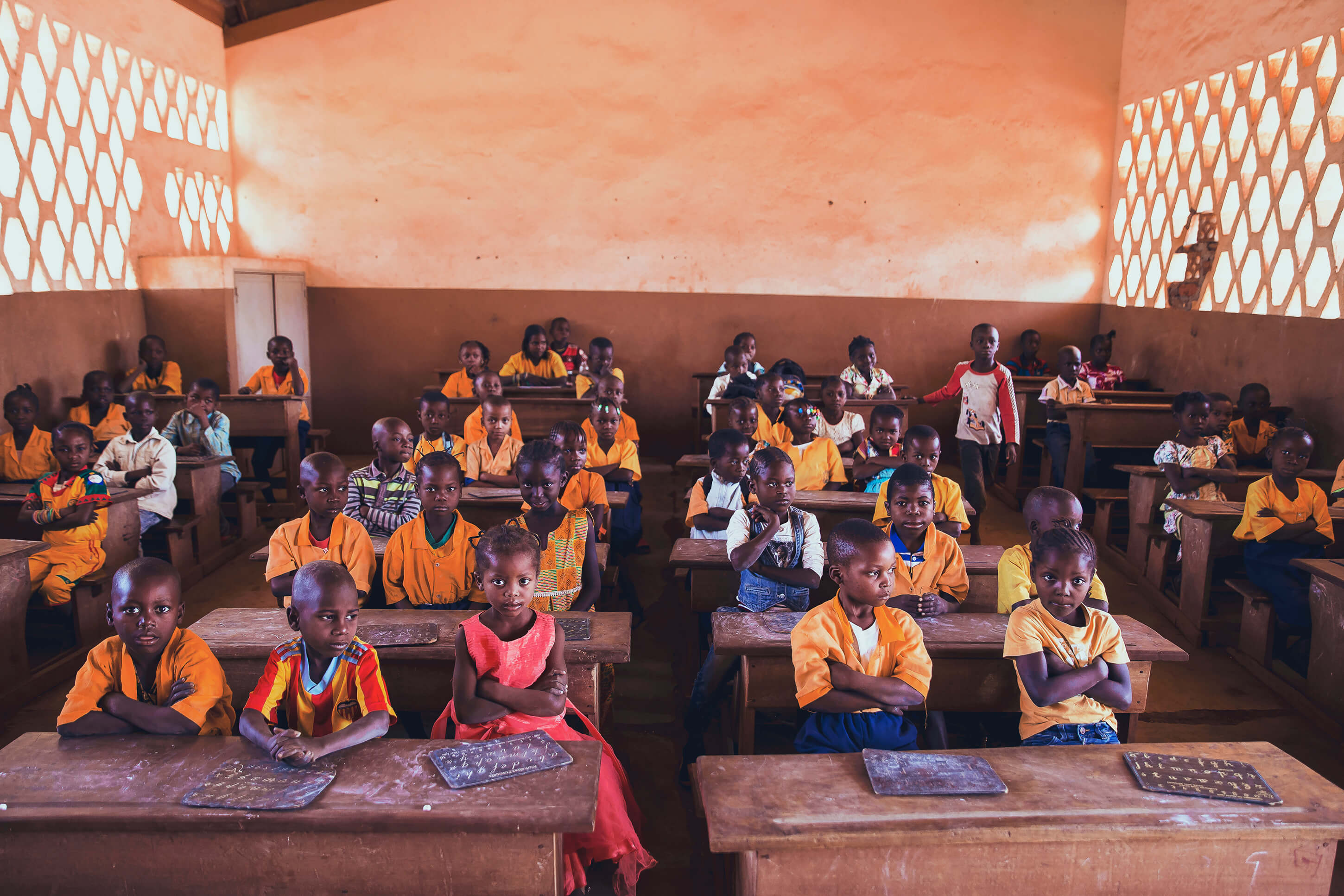
What was the biggest challenge you had to face?
The biggest challenge is the relationship with the authorities or with the people here, because, in these recent times in particular, many people ask you “why do you go to Africa? There are so many poor people in Italy, too” and “why do you let these poor people come here? They steal our jobs.”
You can overcome the challenges and difficulties: on the contrary, what we may call ‘walls’ between people who cannot understand and have a narrow mentality are harder to break down. This is now further stressed by the sociopolitical climate of hate that produces a climate of intolerance, there’s so much resentment towards immigrants and the different. Therefore it is difficult to raise funds, but we’ve never backed down and always carried on.
Why Africa? As I often say, all Governments have international cooperation, have development aid, universities have programs for International Development, therefore the issue of sharing richness with poor countries is felt everywhere. If these things are shared, it means that we could live in peace, with no wars, whit no one being forced to escape from the atrocities that afflict their country.
This is an answer to why help others: whether it’s Africa, or Latin America, or Italy, it’s a personal choice. On a personal level, I did my first helpful choice when I was almost done with university: in the small reality of Cislago, where I still live, I met a priest and with a friend of mine we put up a co-operative for people with disabilities; we were all a bit inexperienced back then, we had only one child and we took care of him, while today we have 180 helpers. It’s a reality I still manage under the accounting aspect and the annual report. Then, I got to know the reality in Africa and focused more and more on that.
I think the best thought in this regard is: go where your heart says to go, but go, do something for other people, do something to guaranty some stability and the possibility for all young people to dream about their own future, whether it is in Italy, or in America or in Africa, it doesn’t matter. If we managed to cooperate with this goal in mind, I think the world would be a better place. Everyone is free to choose whether to stay in their own country or have an experience abroad, but it must be a choice, not a compulsion.
Unfortunately, migrants come here because they escape from their own countries, where living conditions are terrible and they would be brutally killed. Since 2001, our association has witnessed three or four civil wars, which means that children are born with a war mentality, not with a peaceful mindset. So, if you don’t help them grow, also from a cultural and professional point of view, you cannot give them a decent life, and this is what we’re aiming at with the direct management of the projects.
Our motto is: if you dream alone, you won’t make it, but if we all dream together, we will make real what every kid has the right to dream for the future.
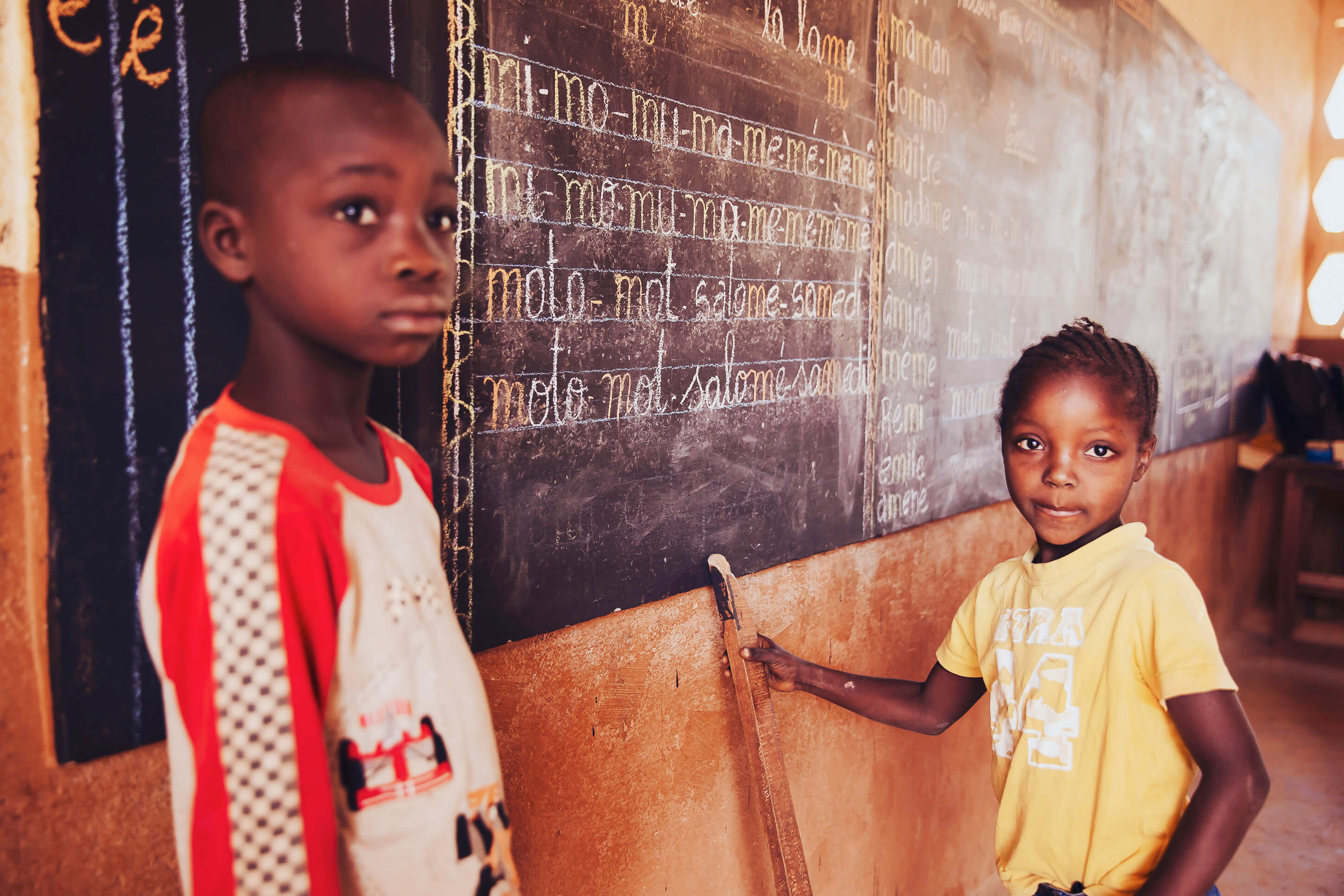
What are the main activities you’re engaging in over there? Do you have any work in progress?
We’ve built this facility in Bangui called Center La Joie de Vivre.
Within the Center, there are the schools, which at the present moment are attended by 1400 kids from kindergarten to “collège,” which corresponds to our high school: we teach math and history there. We’ve also built a health center for children, which has later become a free pediatric center for kids up to 15 years old, the Pediatric Health Center, which is the one that above all cures malaria and typhus; then we’ve built a dental center, since there are only four dentists in all of Central Africa. Thanks to Carola’s family we’ve also built the Optical Center Anna, because we realized that glaucoma and cataract are huge problems in Africa, they can cause blindness on a large number of cases and glasses are only imported from France at the price of 120 euros, while a teacher earns no more than 30 or 40 euros a month. We’re able to give kids glasses for free, while adults pay 10/25 euros.
We’ve also built an analysis laboratory: we were donated a machine that we call “blood cells counter” because it can perform a deep scan of blood, which is fundamental in order to understand from which disease a kid suffers and to provide them with the adequate treatment. The Center is also linked with telemedicine, so if doctors in Africa are unable to make a particular diagnosis, they can send data to our experts in Italy (here we have over 25 experts in the various medical fields) and within one hour they would make hypothesis and give pieces of advice on how to cure the diseases.
We got a diploma for the psycho-pedagogical education of teachers because we realized at some point that prior to the kids’ education there had to be the teachers’ education. Everything started from a rather dramatic event: a teacher punished a kid, who was quite lively, by hanging him upside-down, under the sun. This kid later fainted and fell: he hurt his back and got paralyzed. We’ve never seen the teacher again, probably the kid’s parents took revenge on him. That tragic event made us acknowledge the pressing importance of educating teachers. By chance, in 2014, I met the Minister of Health at the Center on the return flight from Africa. We talked a lot and t this day I don’t know if it was because I was convincing, or thanks to the bottle of Valdobbiadene that I offered him, but he recognized our association’s work and the need to a full-round education, from teachers to kids. The result is in the numbers: over these last years, we’ve educated 500 teachers and with some of them we’ve also carried out some social cohesion projects in the villages, given the fact that schools are also gathering points of Christian and Muslim kids who, back in 2015, found themselves in the middle of a bloody civil war. That said, the integration between the two cultures and at the reconciliation of the various ethnicities is an important initiative, starting from schools.
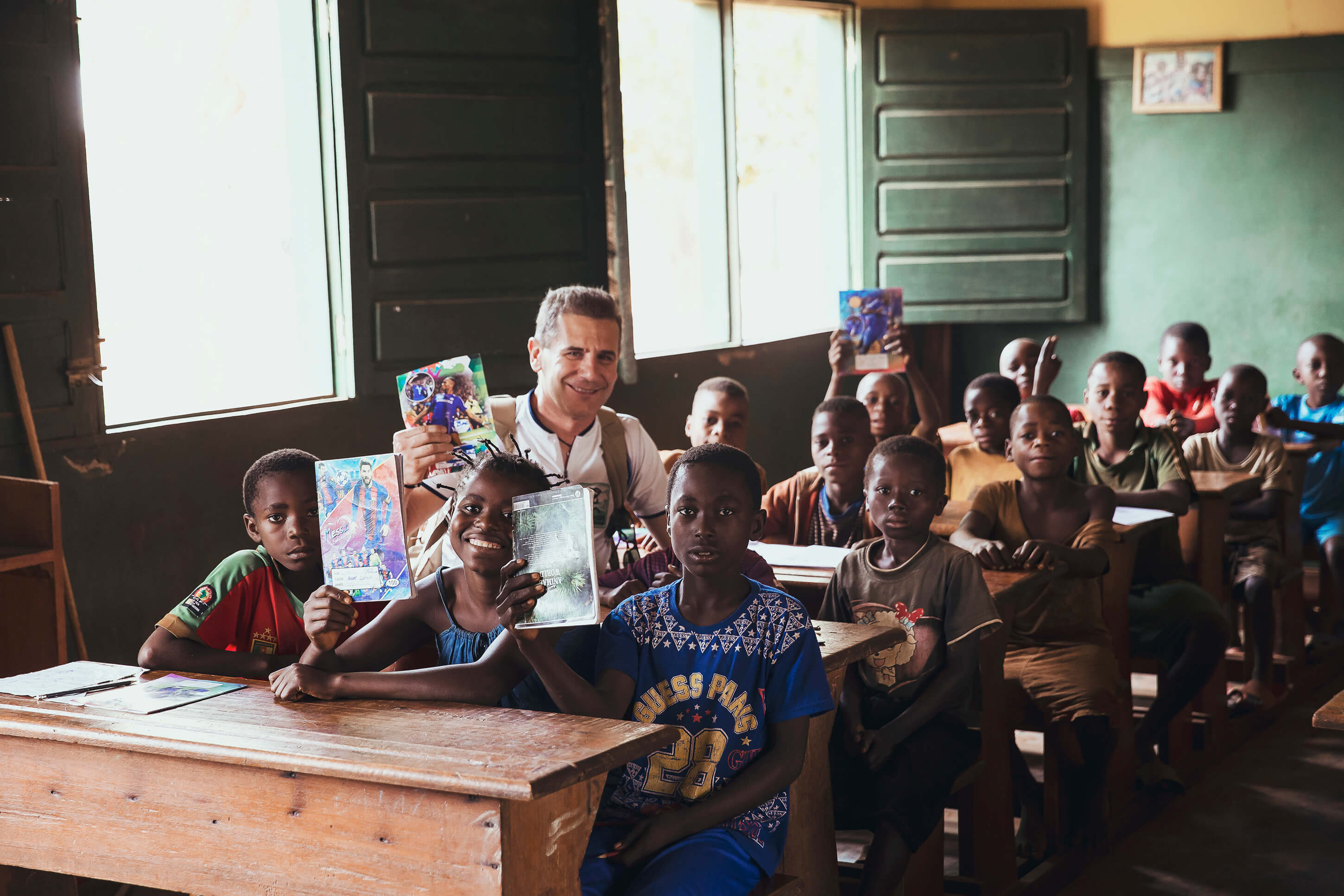
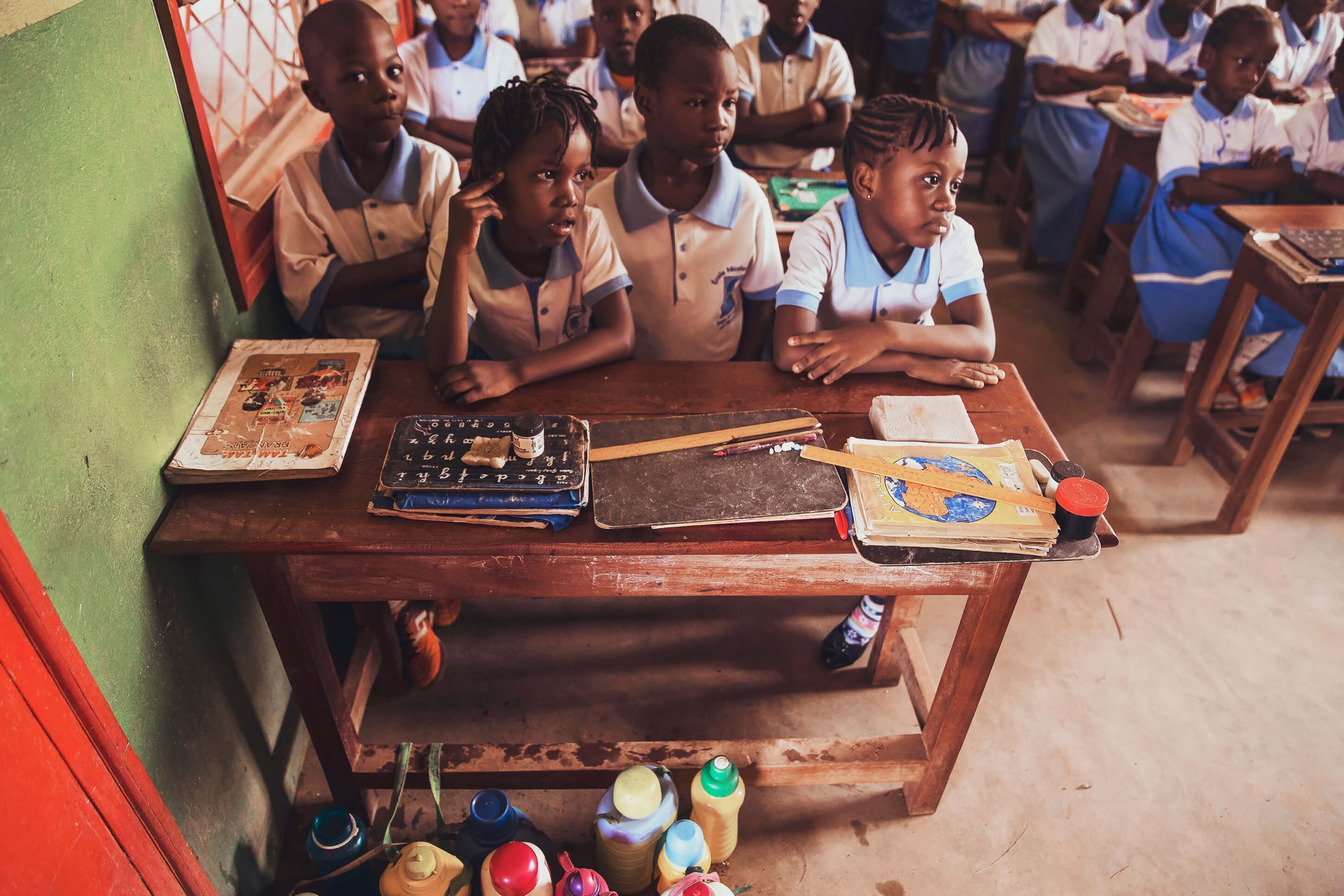
You’ve already done so many amazing things, but is there a secret dream of yours left?
Yes, we do have one. We’ve started to put up a facility called the School of Professions: as the name says, the idea behind it is to give kids, once educated, a form of expertise in a profession they’re interested in so they can work, earn money, grow up on a cultural level and earn stability.
So, the School was born with the idea to create this permanent training center where we’d like to train doctors, dentists, nurses for them to work in our health center. One more dream of ours is to enlarge Jean Paul II school by doubling the number of classrooms. The School now is almost done except for the rooftop, we’d need 100,000 more euros to finish it and concretize our projects. We’ve hosted two girls at Milan’s Istituto Secoli, which is one of the most important venues of fashion training courses: they’ve been here for a year, they’ve learned how to create made-to-measure-suits and adapt them to different sizes. Our aim was that these girls, once home, could teach this new production technique within the School of Professions, thus creating an industry, craftsmanship and employment.
Our big dream is to give kids the possibility of permanent training and to create international cooperation, as it’s the primary goal of every non-profit organization.
We’ve also thought, together with Milan’s Cattolica University, that once we’ll have satellite connection, we’ll provide students in Africa with schoolbooks in French for them to download and print, because unfortunately there, at school, they only write on the blackboard and rewrite everything on paper, because there are no schoolbooks.
We want to build a beautiful school that’s also practical: we opted not for the classical African-style roof, antigenic, but for a enamelled roof.
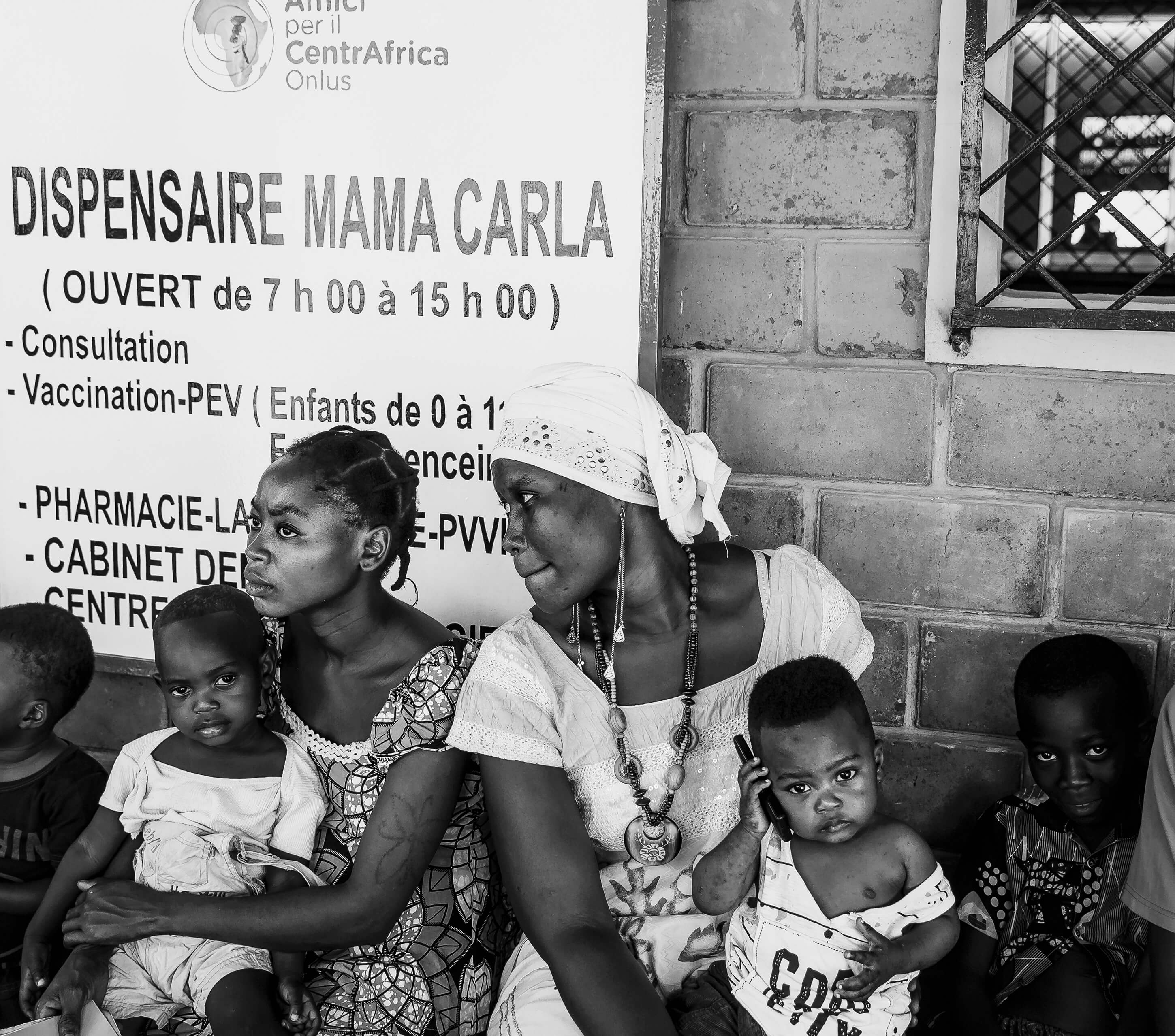
“We opted not for the classical African-style roof, antigenic, but for a enamelled roof.”
How can other people – how can we – help?
You can give us a voice. Making people aware of our projects and our work demonstrates what the organization has been doing since 2001.
A direct contribution has various forms: with voluntary help or a monetary contribution. For example, with 20 euros per month there’s the possibility to adopt a child from distance, providing him with education and health care.
Help can also come from donations to the various projects, such as the one Amici Per il Centrafrica just carried out with UNICEF to help children in jail with their mothers.
Actually, the easiest and priceless way to help us is to donate the 5×1000 of your income tax to our association, and that’s a very significant source of income as well. It is important to promote what we do and the fact that we invest in our NPO all the money that we collect, it can help us carry on this dream.
Moreover, every November we host a charity dinner at our Villa D’Este, in Cernobbio: for us it’s a pivoltal event that involves journalists, enterpreneurs, supporters and journalists. There are also VIPS, as Elena Barolo, who’s the godmother of our Adoption from Distance project (she’s adopted a child herself), Beppe Bergomi, Giorgia Palmas and Filippo Magnini. The digital world has been a great help, too: a few infulencers are helping our Onlus and that’s important to involve a younger target of people. This is extremely important since it would help us to have continuity, as well as a future. Another nice form of help would also be to make a documentary or a short film about the association on African ground, it could help us testify our work and drum up support.
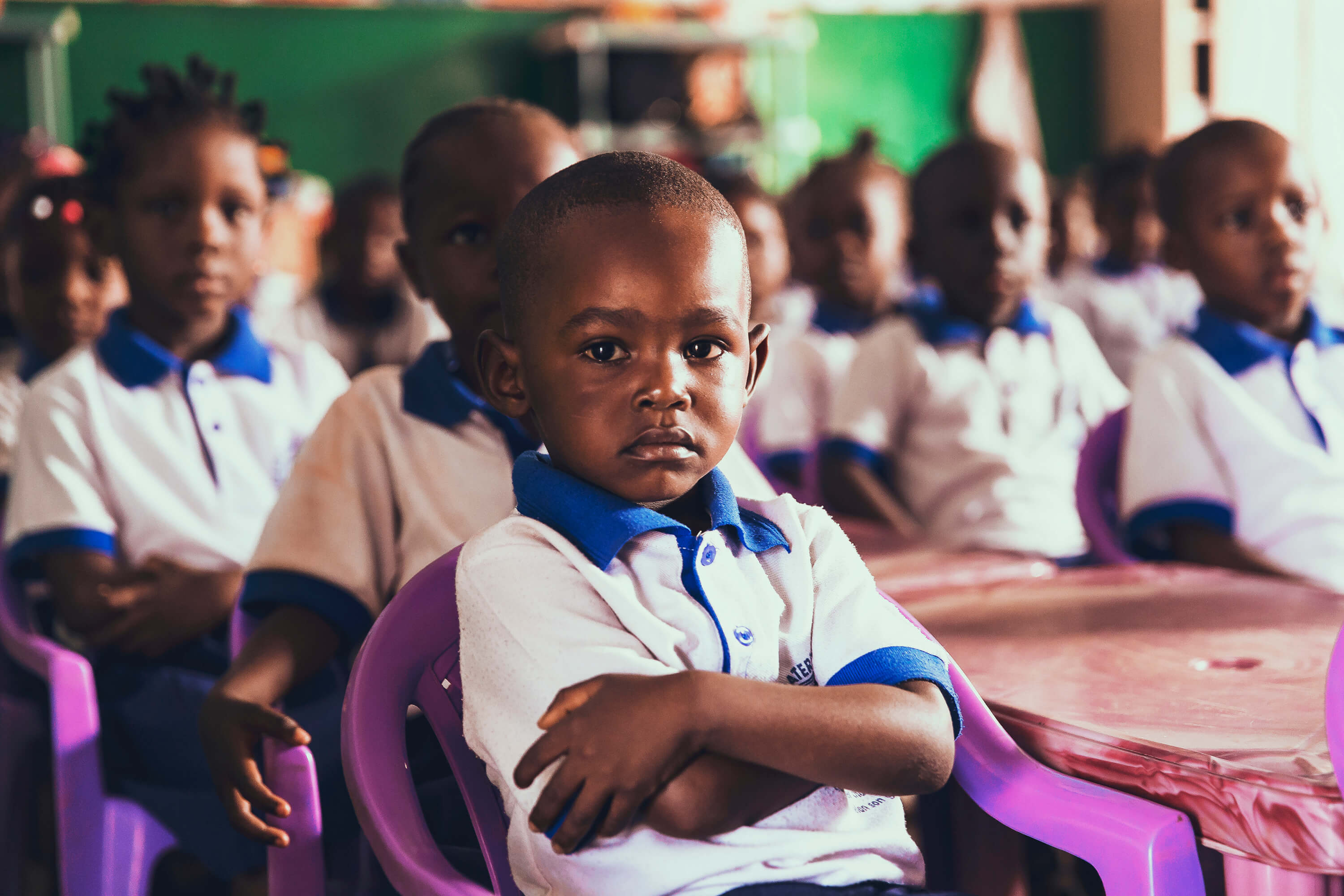
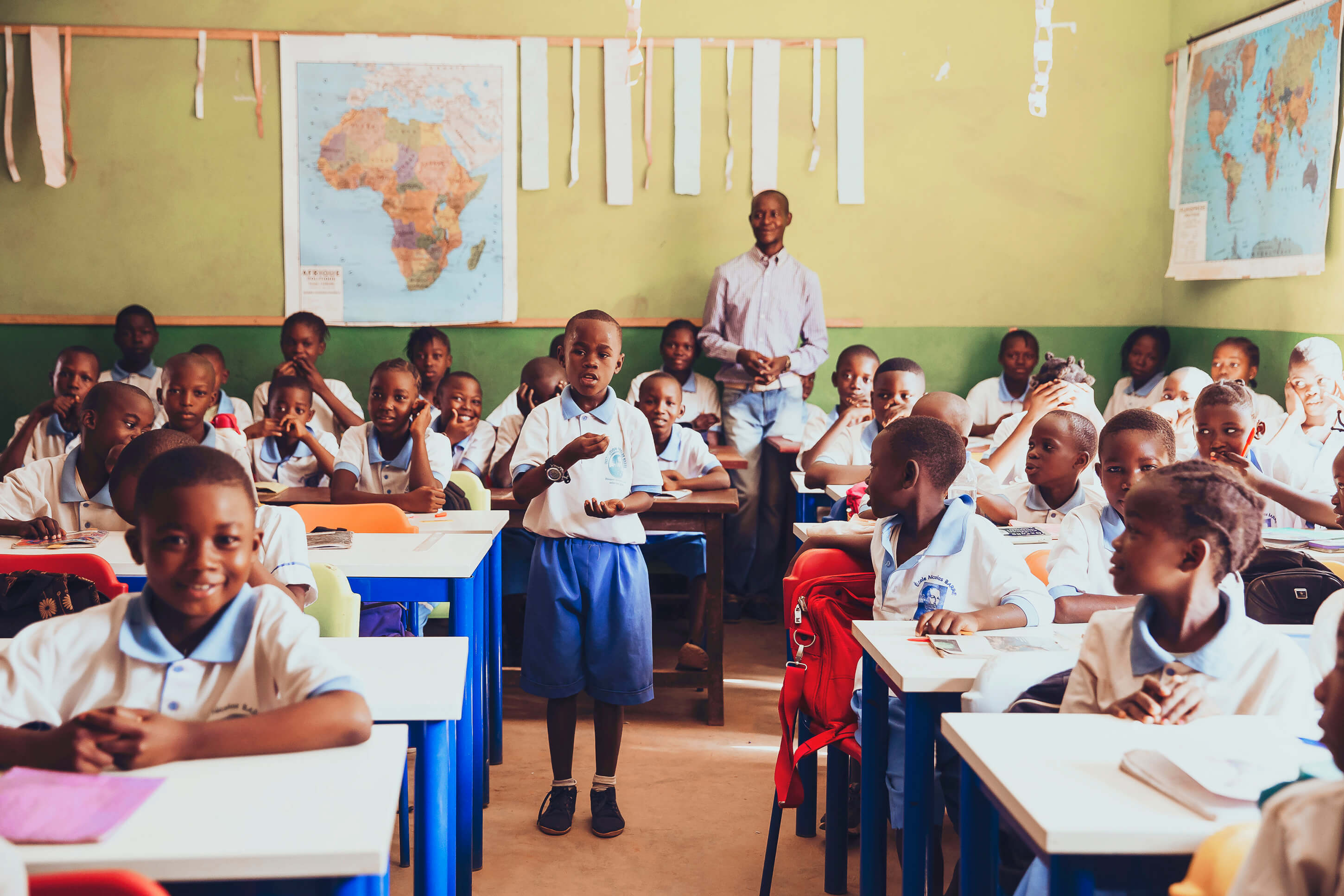
“It’s a pivoltal event that involves journalists, enterpreneurs, supporters and journalists….”
Earlier you mentioned the moment you got to Central Africa and held a baby in your arms; has there been, over the years, a moment in particular that got under your skin?
There have been many, but I can tell you a couple of stories in particular of which I often talk about, simple but significant stories that give you an idea of the experiences in everyday Africa.
One is a unique moment, in its simplicity, the other one is more tragic, but both are part of what Africa is and what we can do there. In Africa, we wake up at 5.30 in the morning starts with the Mass, which gives you the strength to face the day, because in Africa you need to learn to put on a mask to be strong and smile to make other people smile.
One day, at the end of the mass, we were crossing the road next to the school when a storm of children came by and I noticed that a young girl was crying desperately. I walked up to her asked her what had happened and the little girl, who must have been 6 or 7 years old, told me that her shoe was broken and she didn’t know how to walk, even though she had to walk 10 km to go to school.
I picked her up and told her not to cry and I brought her to the center of volunteers where we could have found a pair of new shoes, one that was even more beautiful. Once there, we found some pink shoes and the girl was so happy, she had a huge smile on her face.
A small gesture that can seem invisible made a huge difference.
The other story I’ll never forget took place in Bangadou, in the Forest without any kind of education, where witchcraft and popular beliefs are the only way: when something happens in the village, they always need to find a scapegoat.
One day, I was with father Aurelio, who’s a Carmelite Italian priest, and we went to visit a boy who had ended up in jail because his father had accused him to have some evil spirits in his stomach and wanted to kill him. The boy had been put in prison in order to prevent his family from killing him. Later that day, I heard a great commotion because the people from the village were running after the boy who managed to escape from jail. Once in the square, the boy desperately tried to show everyone he had no evil spirits inside of him and opened up his stomach in front of us all; we picked him up and brought him to the hospital, there they took him into surgery. Two days after that, we brought him to a place 300 km away where, perhaps, he’ll have the chance to go back to life.
It’s sad, but there are a lot of stories like this worth telling: often kids are sent away from their families because of superstition or the belief that they’re cursed, and these are cases born from ignorance and a total lack of education.
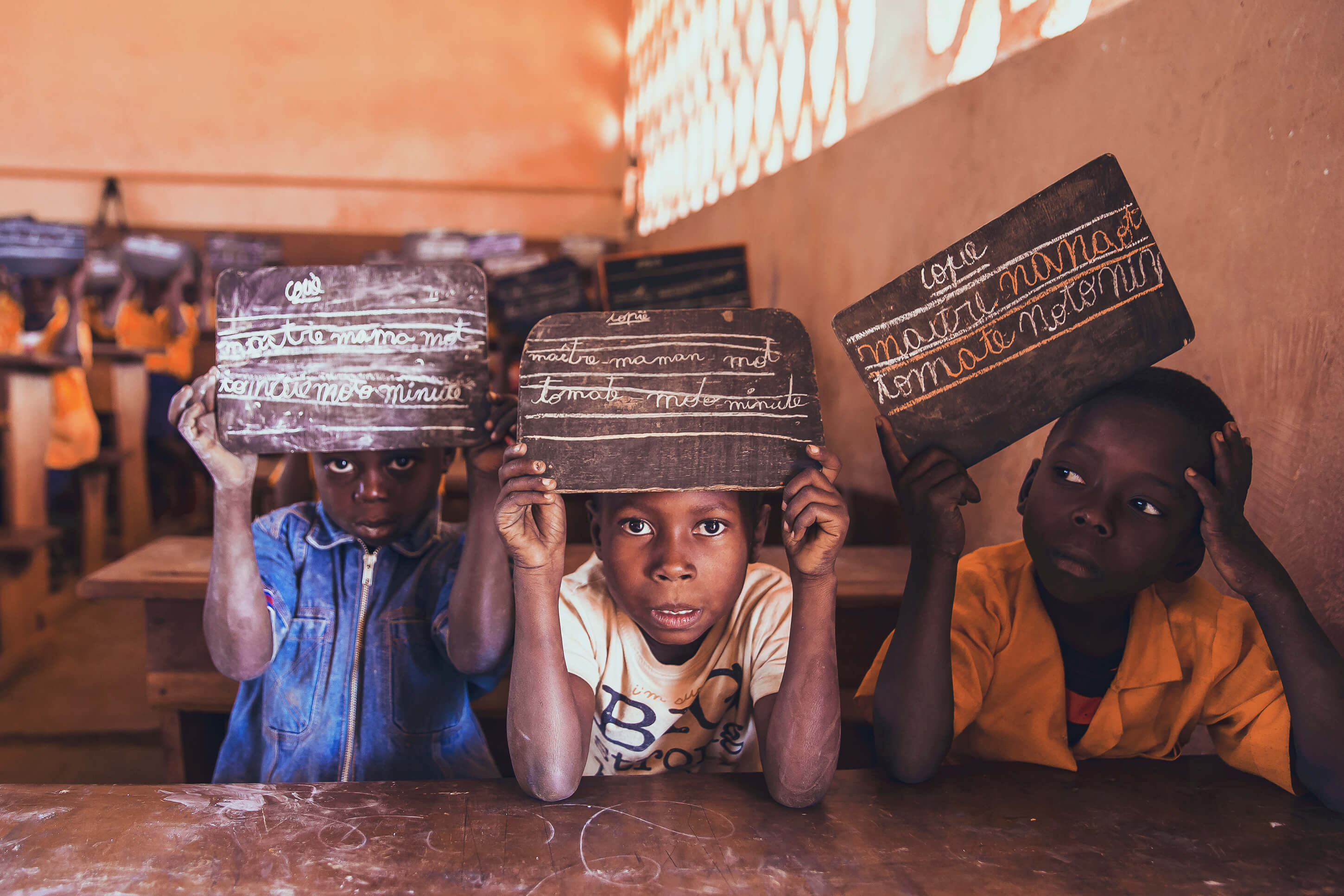
Thanks to Carola Muttoni and Pierpaolo Grisetti.


